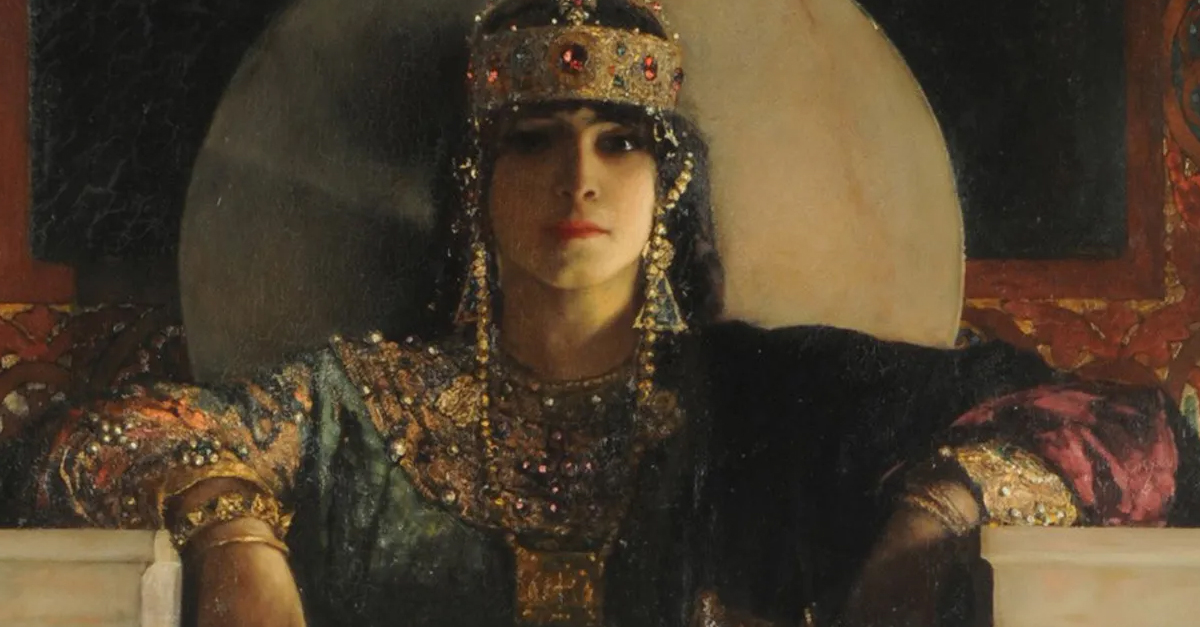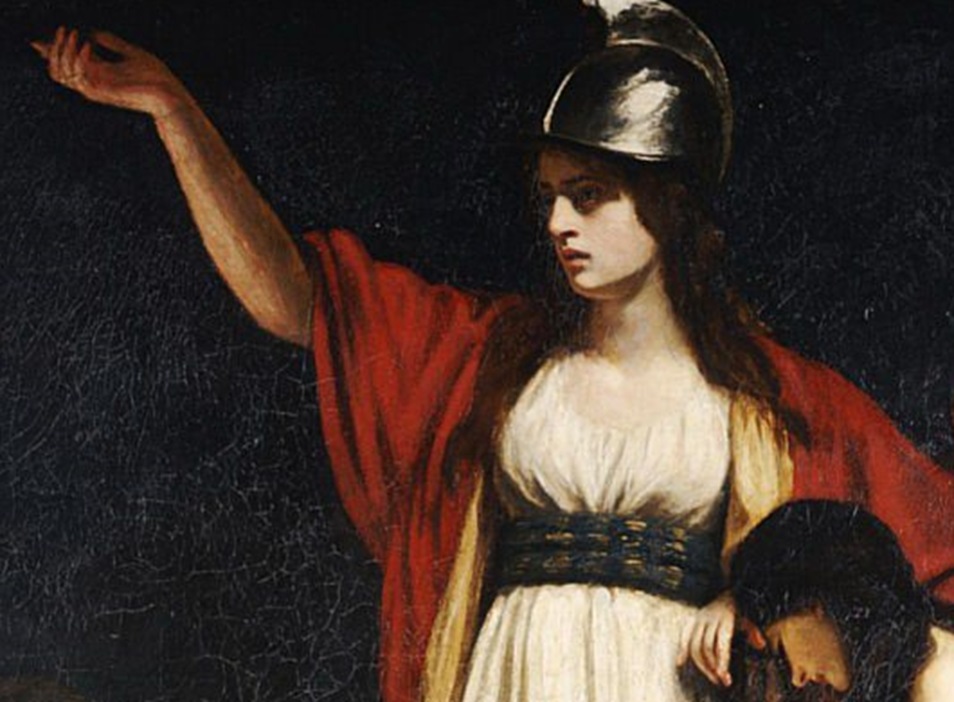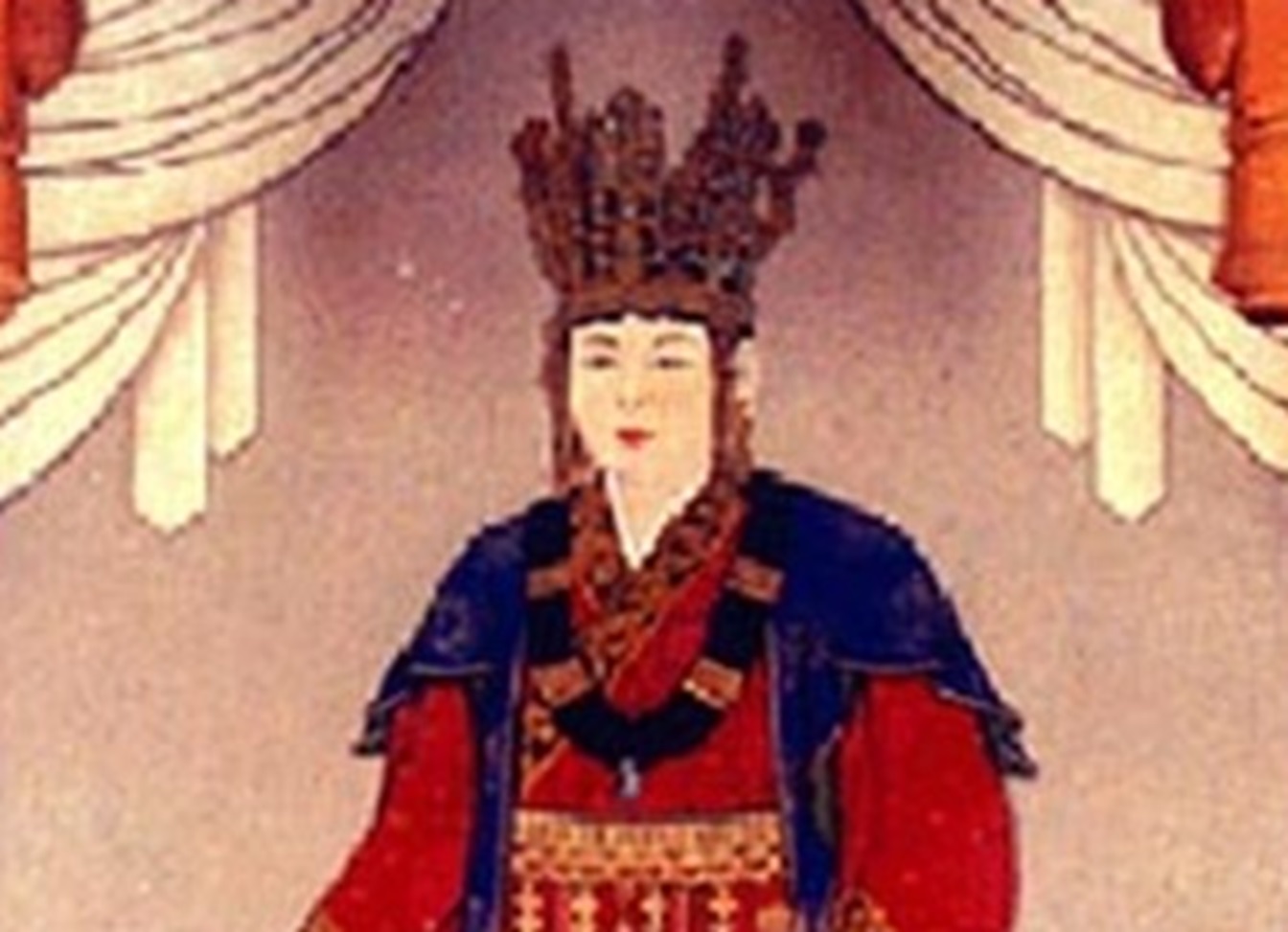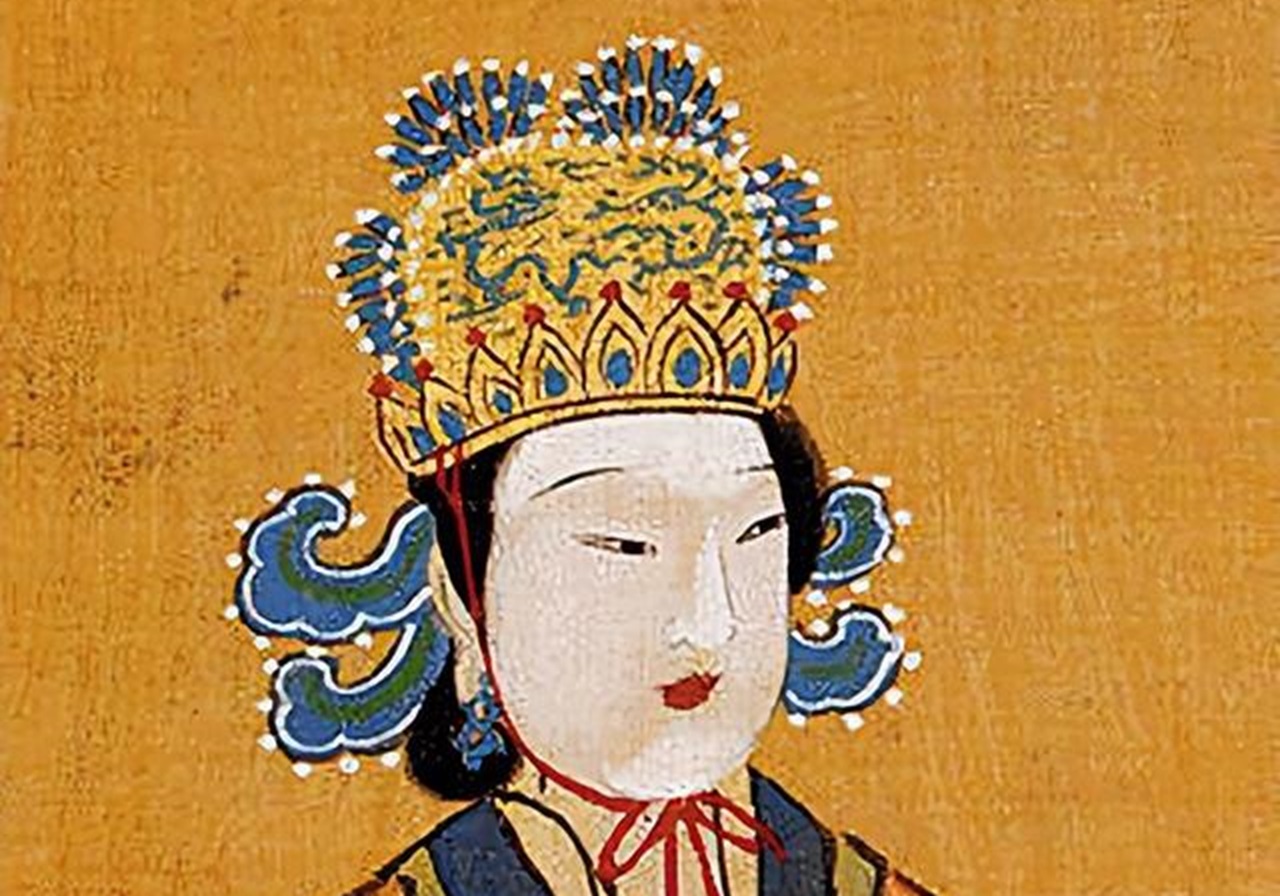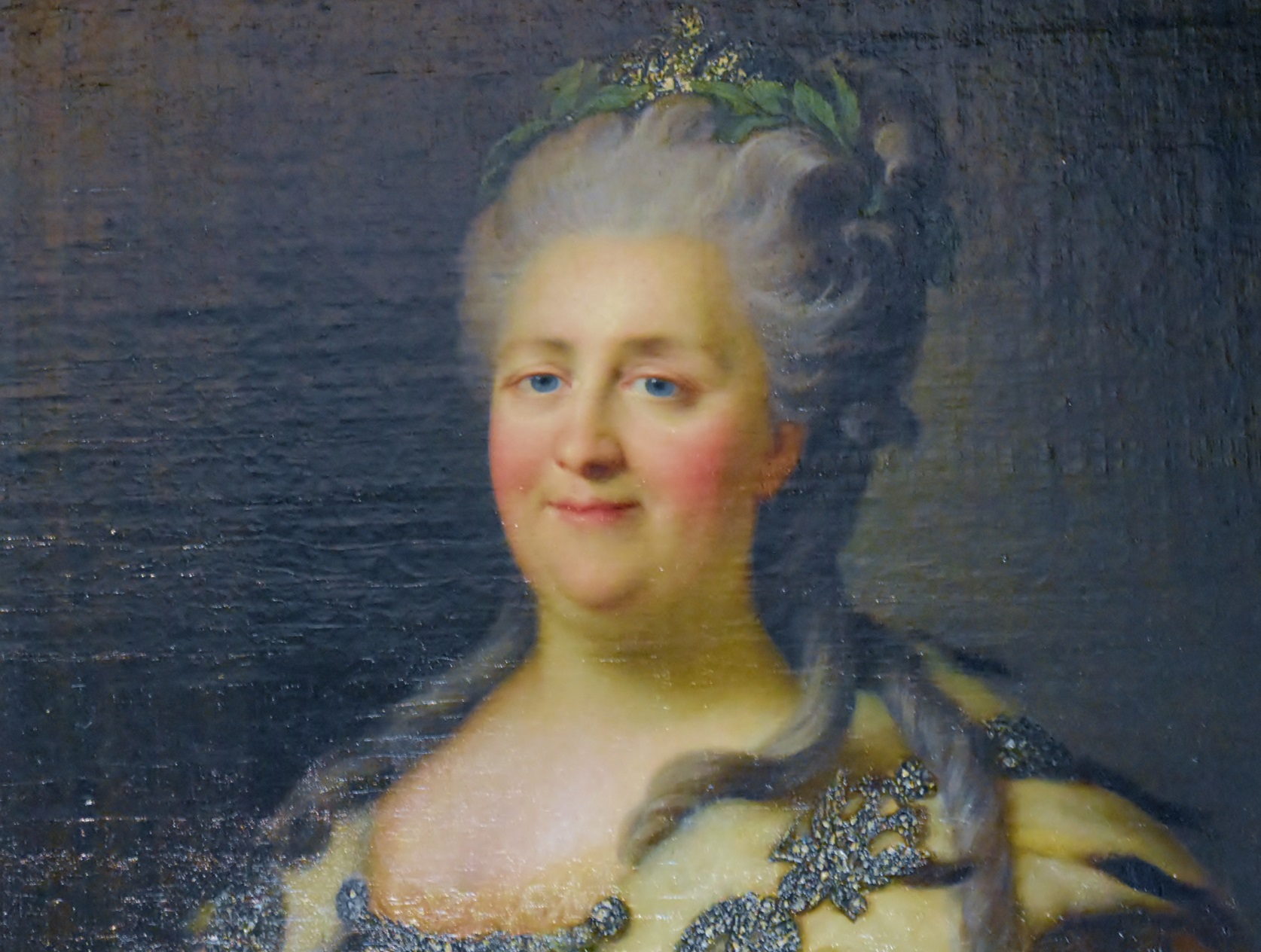What The History Books Don’t Tell You
Though they may not be as known as the men they ruled or fought alongside, history is full of strong, tough women whose brilliance, courage, and cunning left an indelible mark, forever changing the world.

Olga of Kiev
This is just one anecdote from her fascinating life—and it seems like something straight out of Game of Thrones. Though she achieved sainthood by (forcefully) converting scores to Christianity, there’s also a legend that she once burned down an entire town by luring pigeons, attaching sulfur to their wings, setting them on fire, and sending them back to the buildings where they roosted.
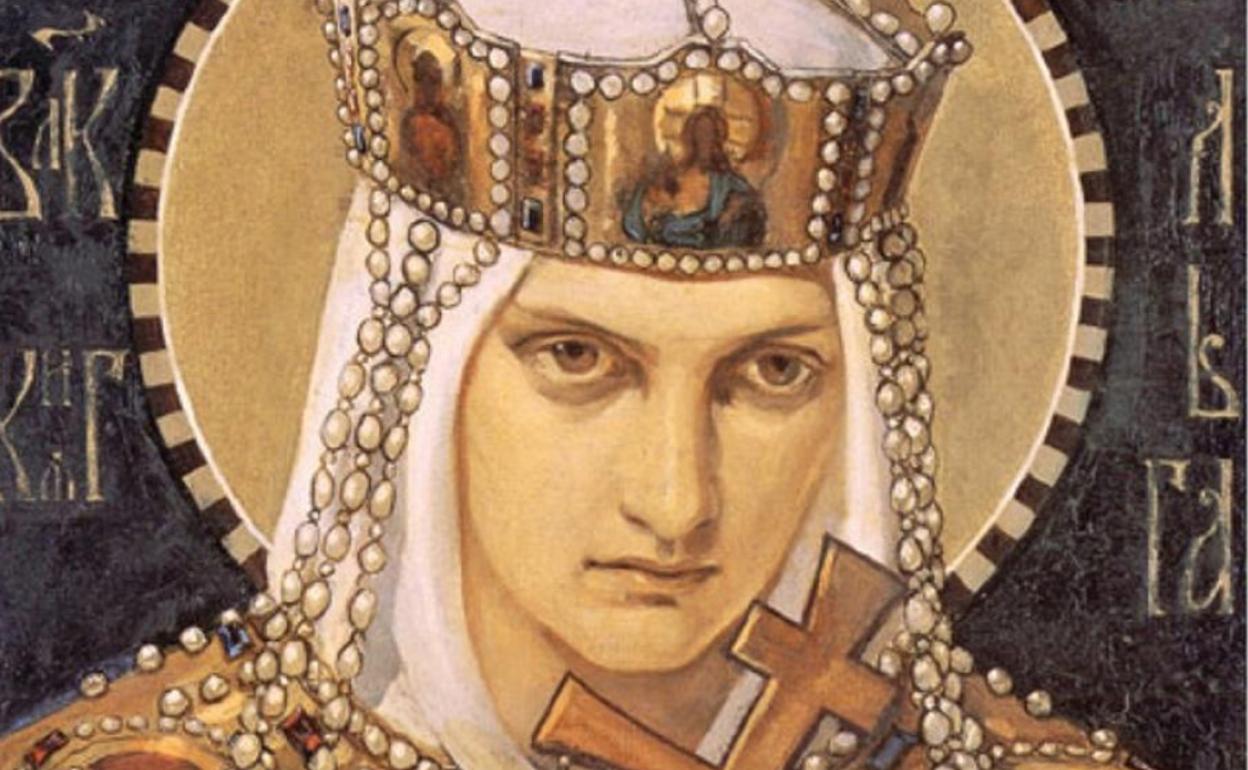 La Verdad, CC BY-SA 4.0, Wikimedia Commons
La Verdad, CC BY-SA 4.0, Wikimedia Commons
Hannie Schaft
During WWII, Resistance fighter Hannie Schaft was arrested by the Germans and sentenced to a horrible death, but she faced the firing squad without fear—and when the soldiers failed to kill her in the chaos of the first round, her response was truly chilling. She allegedly told her executioners, “I shoot better”!
 Unknown Author, Wikimedia Commons
Unknown Author, Wikimedia Commons
Boudicca
Boudicca was a Queen of the ancient British Iceni tribe and also a fierce warrior. When the Roman Empire attempted to conquer her people, she bravely led an uprising against them. Though it was ultimately defeated, she took down some 70,000 Romans with her.
Hatshepsut
Hatshepsut was one of only a few female pharaohs in thousands of years of ancient Egyptian history. She led several military expeditions and led a campaign against Nubia.
 Metropolitan Museum of Art, Wikimedia Commons
Metropolitan Museum of Art, Wikimedia Commons
Grace O’Malley
O’Malley’s father was the head of a dynasty in western Ireland—one that she took over when he passed on, despite the fact that she had a living brother. From the time that she was just 11, she became a seafarer and pirate. O’Malley was both a natural leader and feared pirate—but also managed to be remembered for her charming and friendly nature.
 Bastun, CC BY-SA 4.0, Wikimedia Commons
Bastun, CC BY-SA 4.0, Wikimedia Commons
Queen Elizabeth I
It was almost as if Elizabeth I inherited her parents most positive traits—intelligence, determination, cunning—and few of the negative ones. On top of this, she was well-educated—all of which led to a 45-year reign where England thrived.
 Johannes Corvus, Wikimedia Commons
Johannes Corvus, Wikimedia Commons
Anne Lister
Anne Lister was born to a minor landowning family at the end of the 18th century in Britain, and she never met a cultural norm she wasn’t willing to break. Throughout her life, Lister built a small empire, converting one of their properties into a hotel and casino, developed coal and stone mines, and seduced scores of beautiful women.
 Joshua Horner, Wikimedia Commons
Joshua Horner, Wikimedia Commons
Jeanne de Clisson
The legendary Jeanne de Clisson was known as “The Lioness of Brittany.” She got this nickname because she was known to raid villages or towns and slaughter their populations, leaving only a few survivors to spread the word that de Clisson’s wrath was not to be trifled with.
 Waltercolor, CC BY-SA 4.0, Wikimedia Commons
Waltercolor, CC BY-SA 4.0, Wikimedia Commons

History's most fascinating stories and darkest secrets, delivered to your inbox daily.
Eleanor of Aquitaine
Eleanor of Aquitaine was one of the richest and most powerful women in Medieval Europe. She not only married the King of France, she later married the King of England, and personally put three of her sons on the throne of England. She was a very active ruler, and actually took part in a plot against her own husband, Henry II of England.
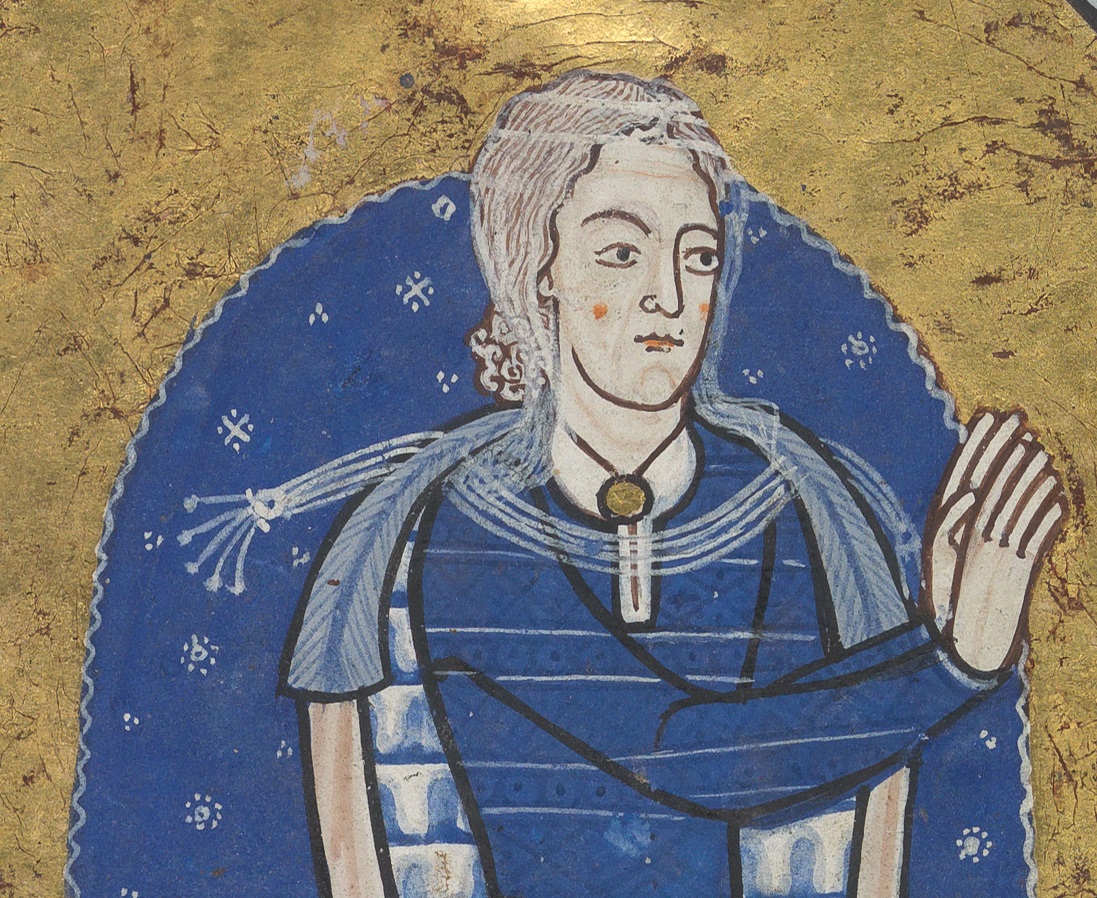 Koninklijke Bibliotheek, Wikimedia Commons
Koninklijke Bibliotheek, Wikimedia Commons
Queen Zenobia
Zenobia was the ruler of the Palmyrene Empire, which broke away from the Roman Empire in the third century CE—and she took her job pretty seriously. Zenobia was present, leading massive armies and conquering Egypt and half of Anatolia during her reign.
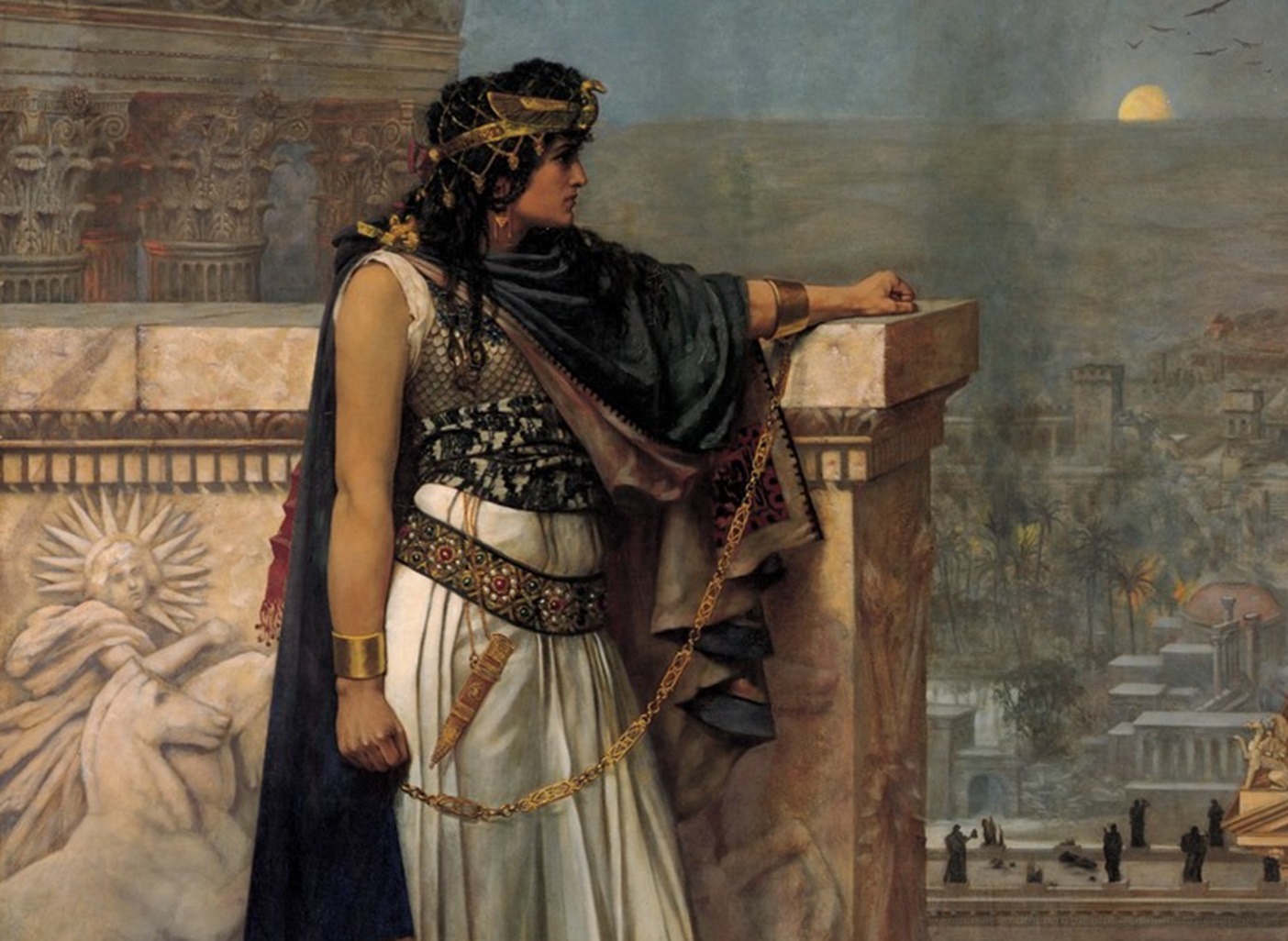 Herbert Gustave Schmalz, Wikimedia Commons
Herbert Gustave Schmalz, Wikimedia Commons
Æthelflæd, Lady of the Mercians
Æthelflæd was the daughter of Alfred the Great, King of the Anglo-Saxons, and was born at a time when the Vikings were invading England. She grew up to both plan and lead a series of successful military expeditions.
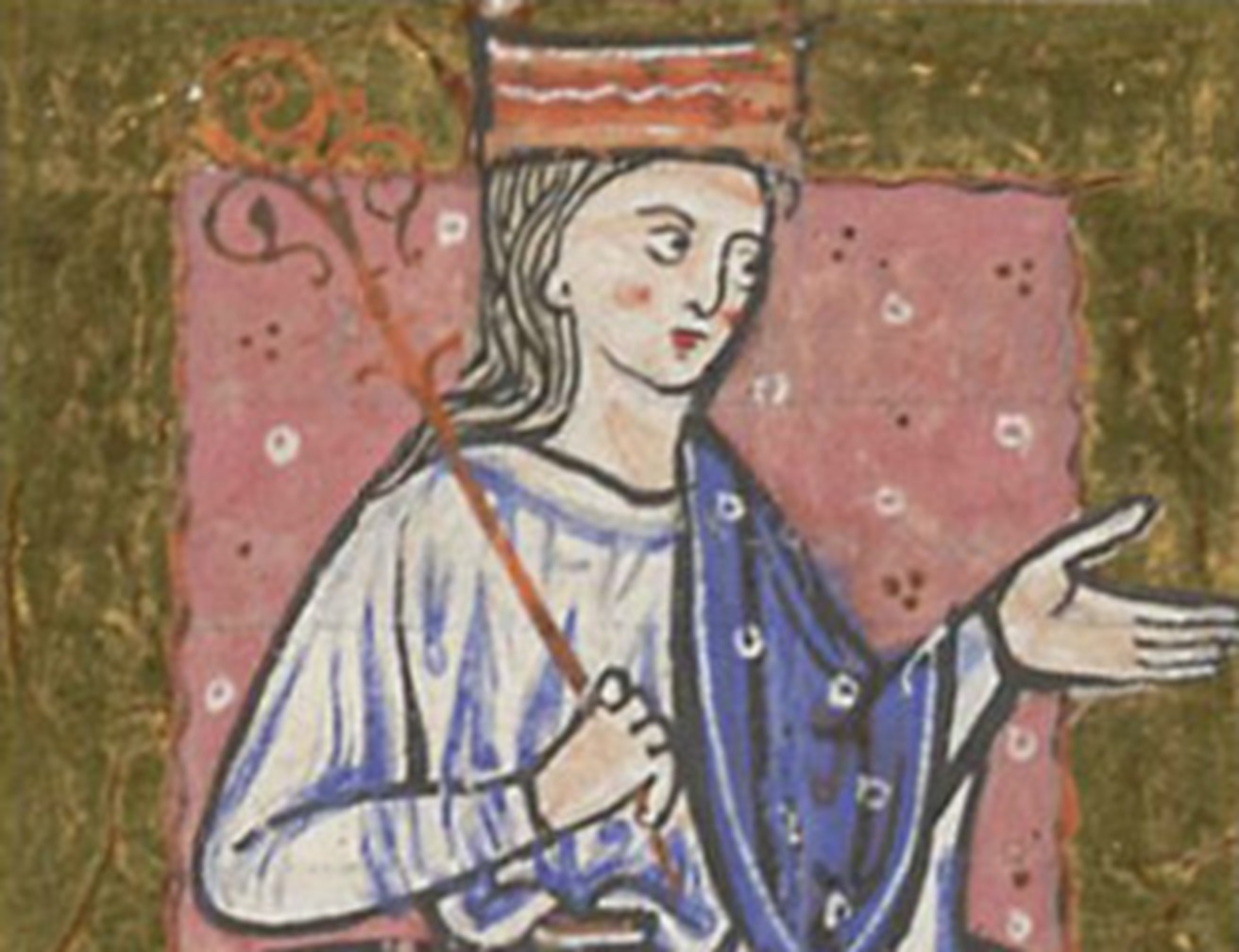 Unknown Author, Wikimedia Commons
Unknown Author, Wikimedia Commons
Olympias
Olympias was the wife of Philip II, King of Macedonia, and mother to Alexander the Great. She was as ruthless and cunning as they come. She actively participated in politics and was at the center of many a power struggle. Olympias was also incredibly vengeful, and wielded her power like a knife.
 Gerard Hoet, Wikimedia Commons
Gerard Hoet, Wikimedia Commons
Queen Isabella of France
There’s a reason Queen Isabella is known as the She-Wolf of France. She led a rebellion against her husband, King Edward II, and ruled England for a brief period of time alongside her lover, Roger Mortimer.
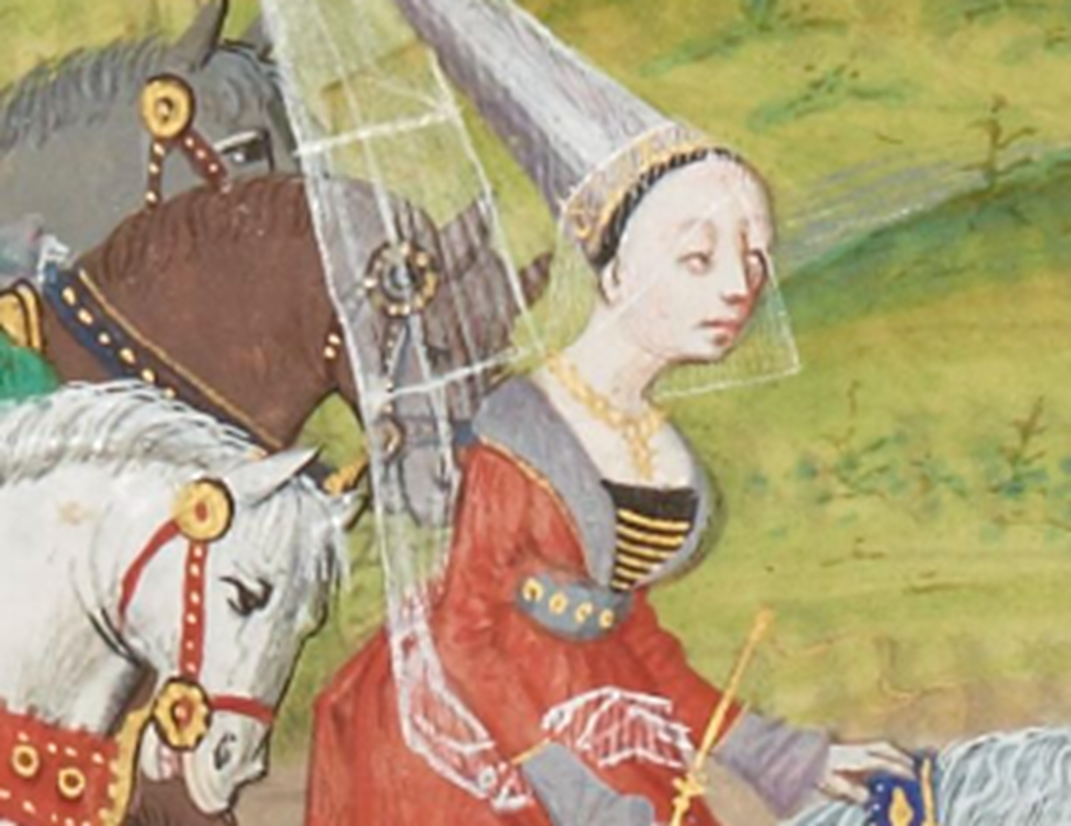 Jean Froissart, Wikimedia Commons
Jean Froissart, Wikimedia Commons
Nell Gwynn
Gwynn was born into poverty, but clawed her way to the top—literally. She became the mistress of the infamous King Charles II, and was one of the most shameless women in history, proudly flouting norms around gender and her bedroom life.
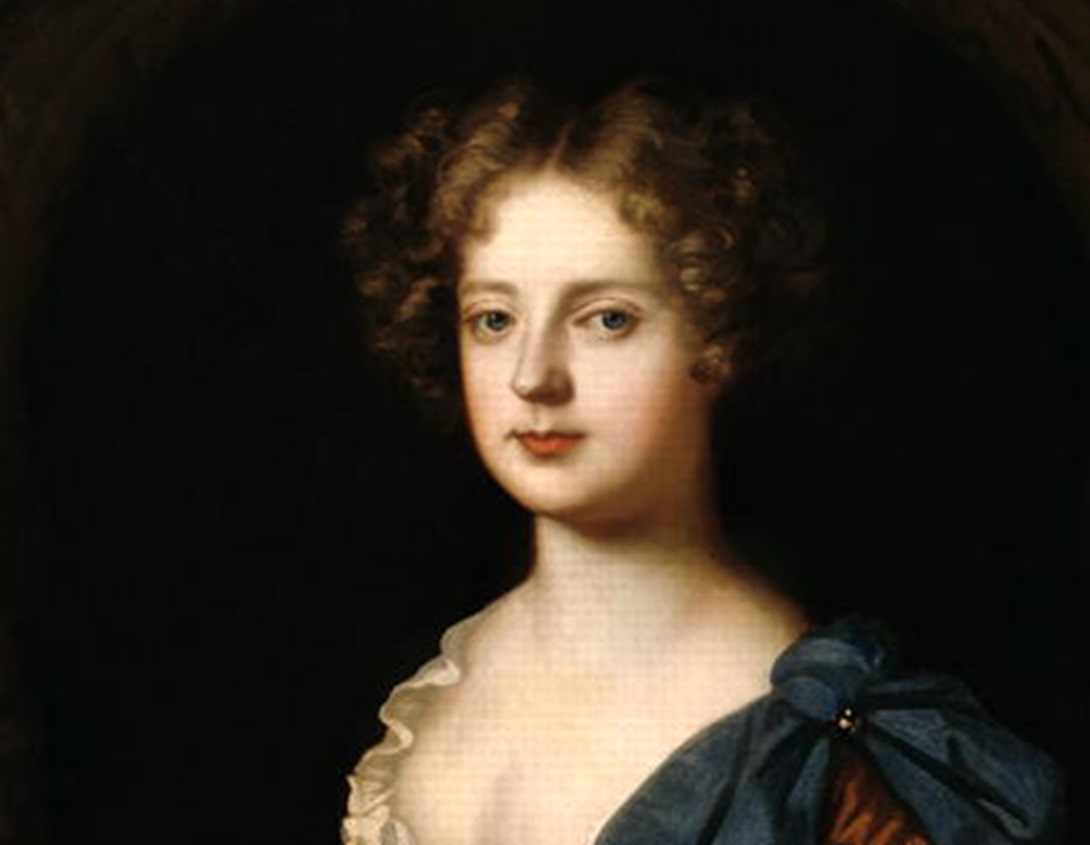 Ann Longmore-Etheridge, Flickr
Ann Longmore-Etheridge, Flickr
Empress Theodora
If there was one person you didn’t want to tee off in the Byzantine Empire, it was Theodora, wife of Justinian I. Thanks to her smarts and strong will, she was essentially leading right alongside with him. During the Nika riots, she advised her husband to remain in the palace—and afterward, she was right there when he sentenced the 30,000 rebels who’d attempted to take the throne to death.
 Petar Milošević, CC BY-SA 4.0, Wikimedia Commons
Petar Milošević, CC BY-SA 4.0, Wikimedia Commons
Queen Seondeok
Seondeok was the first female monarch in Korean history, and her reign set the stage for the unification of the Three Kingdoms of Korea in the 7th century.
Isabella of Castile
Isabella of Castile was one of the most powerful queens in history. She unified Spain thanks to her marriage to Ferdinand II of Aragon, and funded Christopher Columbus’s expedition to the Americans. Of course, she was also responsible in part for the infamous Spanish Inquisition.
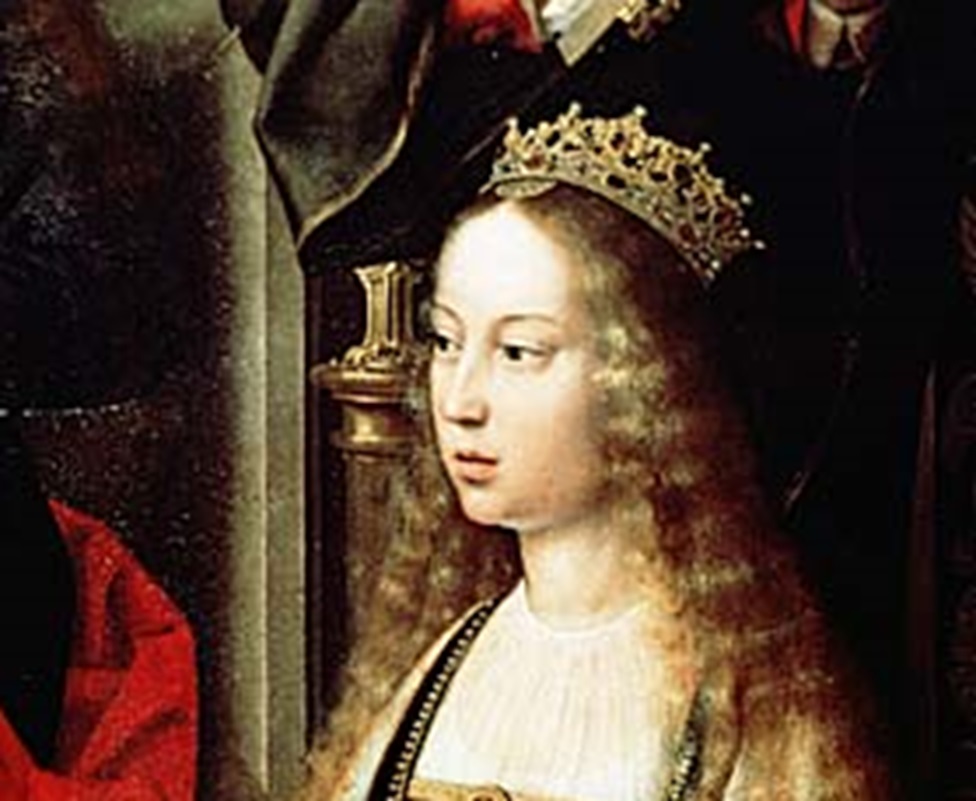 Ann Longmore-Etheridge, Flickr
Ann Longmore-Etheridge, Flickr
Freydis
Freydis was the daughter of Erik the Red. One day during a particularly brutal battle, the Viking forces were falling into despair. Seeing the men’s cowardice, Freydis gave a speech where she immediately shamed them for losing their courage and picked up a heavy sword, bragging loudly to ally and enemy alike that she could fight better than them. The kicker? She was eight months pregnant at the time.
Lady Fu Hao
Though she was one of many wives to the Shang Dynasty King Wu Ding, she certainly stood out. She was not only a high priestess and oracle, she actually worked her way up—through dramatic military conquests—to become the most powerful Shang general of the era.
Queen Victoria
Queen Victoria was unapologetic in the way that she ruled—and after her upbringing, who could blame her. Victoria blamed her sad childhood on John Conroy, her mother’s rumored lover. But once she was queen, she got revenge. There were years at a time where her mother had pressured her to put him in a position of power, and every time, Victoria refused.
Finally, when she ascended to the throne, she declared that he should be “banned from her presence”.
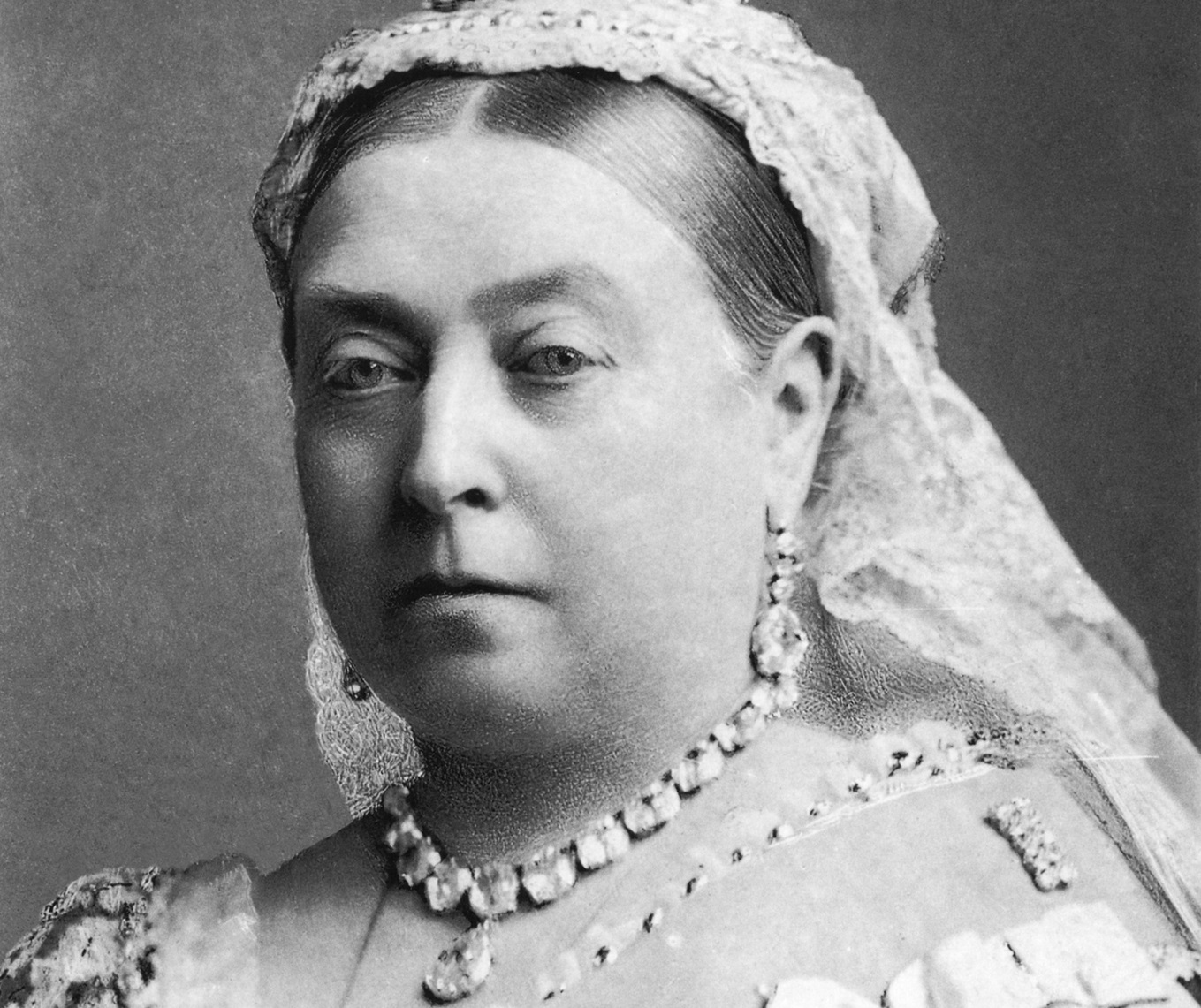 Alexander Bassano, Wikimedia Commons
Alexander Bassano, Wikimedia Commons
Ulpia Severina
Ulpia Severina is a historical enigma. Little is known about her beyond her marriage to Roman Emperor Aurelian—but what we can infer, we can get from the coins that bear her visage. She was a constant presence on coins not only from her husband’s reign, but also afterward. As such, it’s likely she ruled in the interregnum period after his passing, which could potentially mean she was the sole female ruler of a unified, undivided Roman Empire.
Elizabeth Woodville
Edward IV of England married Elizabeth Woodville in secret—a rare marriage of love in a time of political unions. It was her second marriage, and she had to fight for her inheritance from her first husband’s family. Most of her family, including her father, brothers, and sons, lost their lives during the Wars of the Roses. Her power over her husband led to rumors that she was a witch—but really, he was just that devoted to her.
 Ann Longmore-Etheridge, Flickr
Ann Longmore-Etheridge, Flickr
Artemisia I of Caria
Artemisia was the Queen of Caria, a region in what is now modern-day Turkey. In 480 BCE, she played a major role in Xerxes’ invasion of Greece, namely in the Battle of Salamis, fighting alongside the Persians.
 Simon Vouet, Wikimedia Commons
Simon Vouet, Wikimedia Commons
Marie Curie
There’s workaholics, and then there’s Marie Curie. The Polish physicist discovered radium and polonium, and her work contributed to help finding treatments for cancer. Sadly, it also exposed her to the poisonous radiation that would take her life.
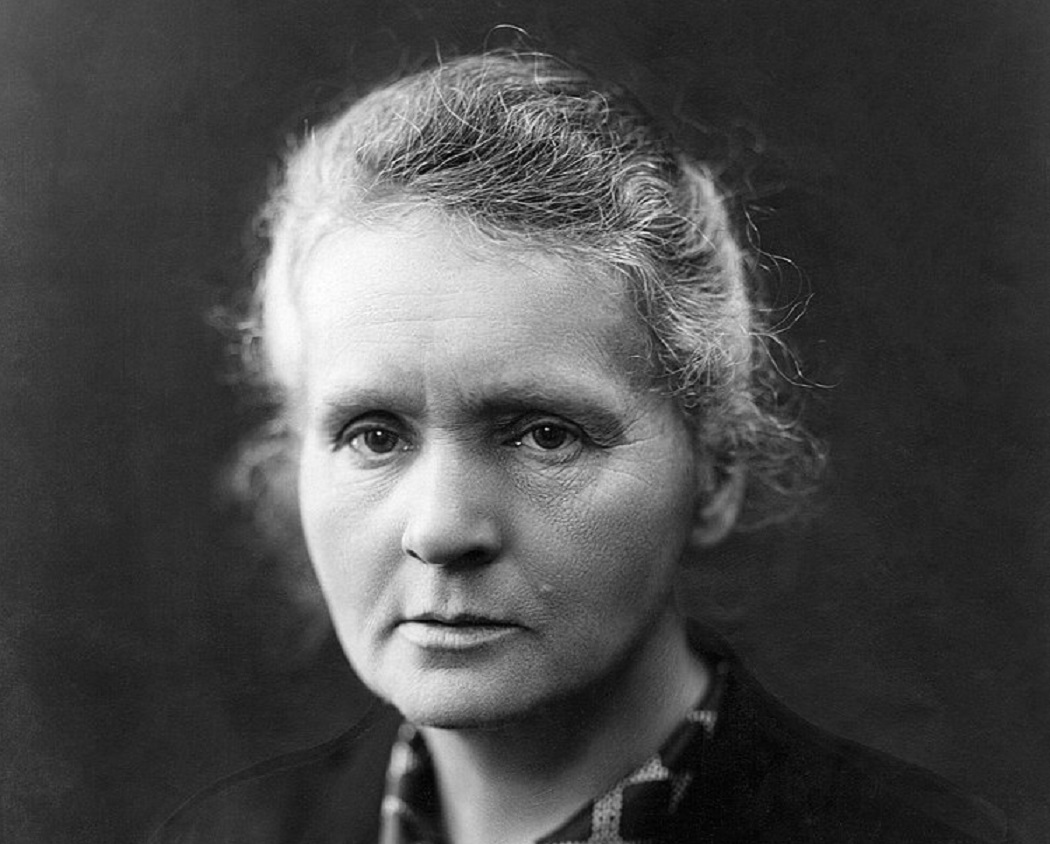 Henri Manuel, Wikimedia Commons
Henri Manuel, Wikimedia Commons
Hortense Mancini
Hortense Mancini was a crafty lady. She married a duke who mistreated her, and came up with a devious plot to escape him. She was protected by Louis XIV, published her memoirs, and became the chief mistress to Charles II…and also was romantically involved with his illegitimate daughter.
 Jacob Ferdinand Voet, Wikimedia Commons
Jacob Ferdinand Voet, Wikimedia Commons
Queen Tamar
Queen Tamar wasn’t just the most famous queen in Georgian history—she’s the most remarkable ruler in Georgian history, period. She established an empire, bringing new territory to Georgia, which became the most powerful country in the area. She also faced down formidable opponents like Ram Sultan, and shut down not one but two rebellions led by her ex-husband.
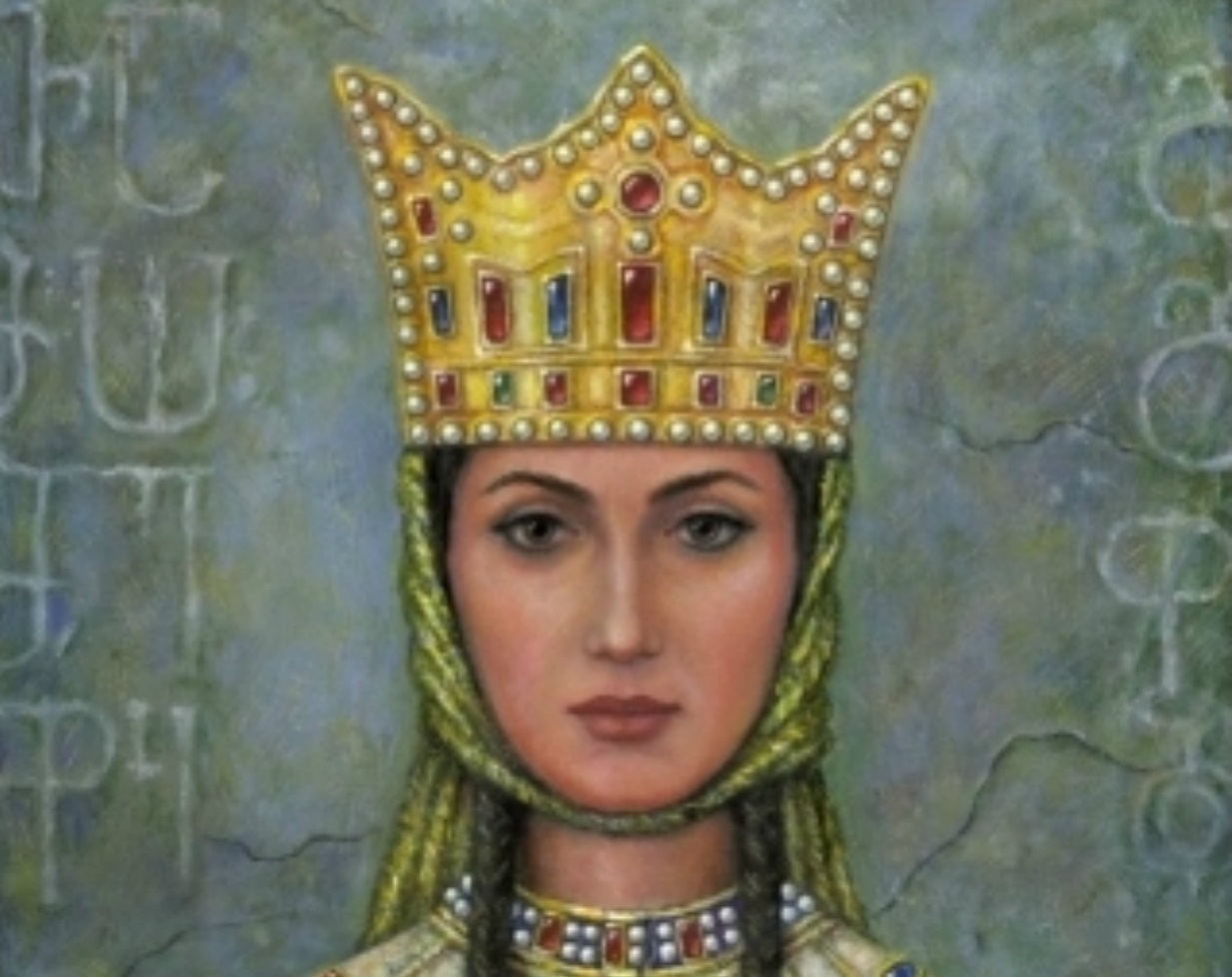 TbilisiStMus, CC BY-SA 3.0, Wikimedia Commons
TbilisiStMus, CC BY-SA 3.0, Wikimedia Commons
Annie Oakley
Oakley performed with Buffalo Bill’s Wild West Show for 17 years as a markswoman, becoming one of the most proficient sharpshooters out there. She not only became a star in a male-dominated sport, her name and legend spread all over the world.
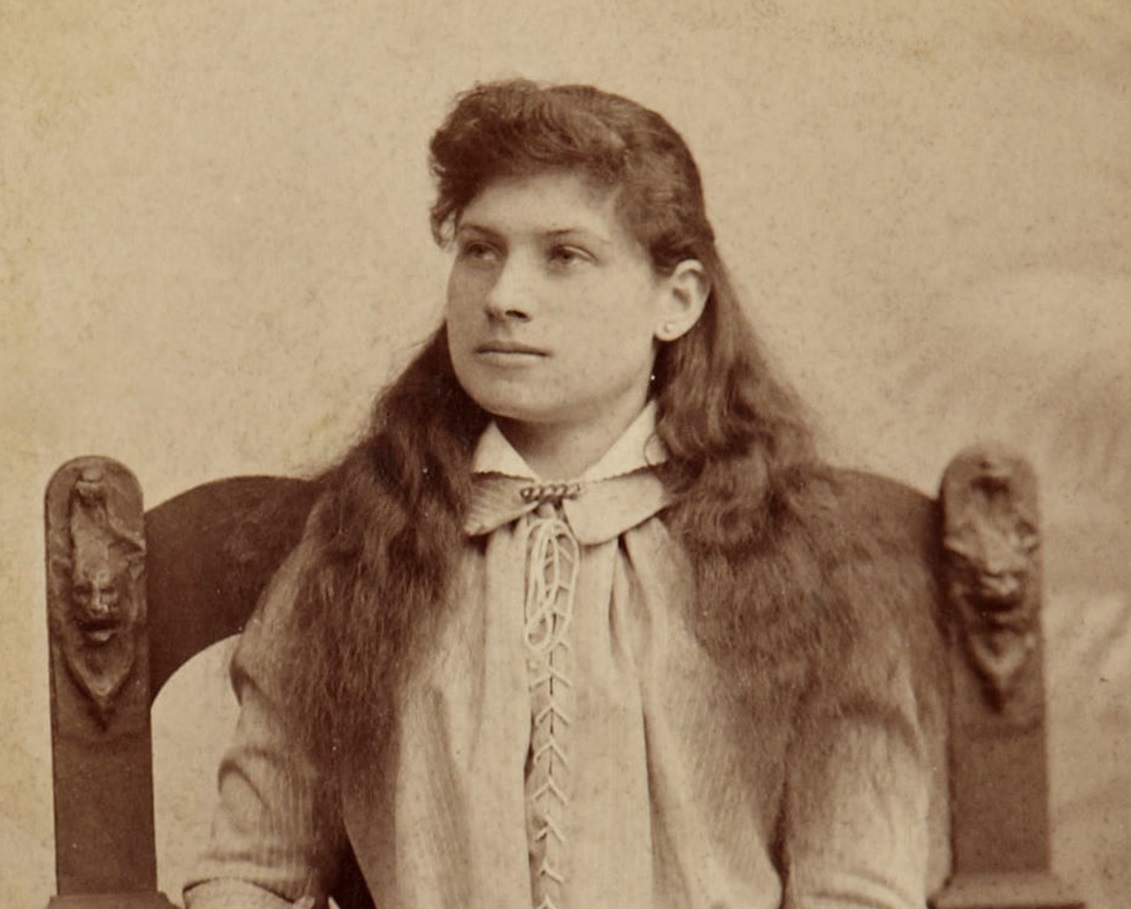 Baker's Art Gallery, Wikimedia Commons
Baker's Art Gallery, Wikimedia Commons
Wu Zetian
Few people in history—men or women—were as ruthless as Wu Zetian, who became Empress of China through sheer cunning. She began her ascent as concubine to the Emperor…and also slept with his son for good measure. This saved her when the Emperor died, and his son brought her back to the palace from the convent where she’d been sent.
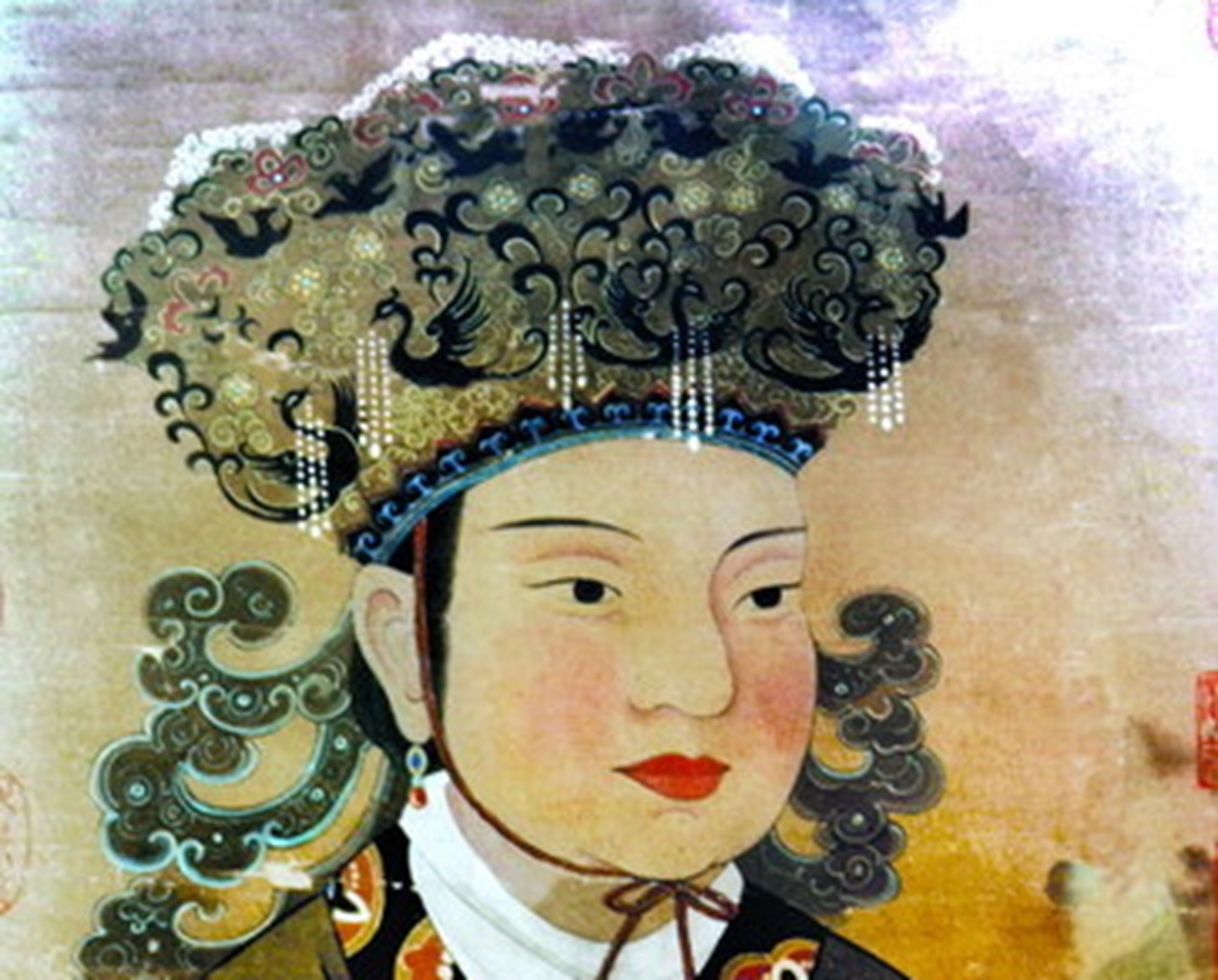 Unknown Author, Wikimedia Commons
Unknown Author, Wikimedia Commons
Wu Zetian (cont’d)
Through much scheming, Wu became empress-consort by having all her competition deposed, started her own political faction, and gave birth to the new emperor’s children. Then, when her eldest son became emperor, she deposed him, and made her youngest emperor—with a dark twist.
Wu Zetian (cont’d)
From that point on, Wu Zetian essentially imprisoned her son—the emperor—and ruled in his place. Eventually, she forced him out, and became the first Empress of China, establishing the second Zhou Dynasty. Though much of her rule can be attributed to ruthless scheming—and a secret police who enforced her rule—she was also an adept politician who made sure to appoint competent officials.
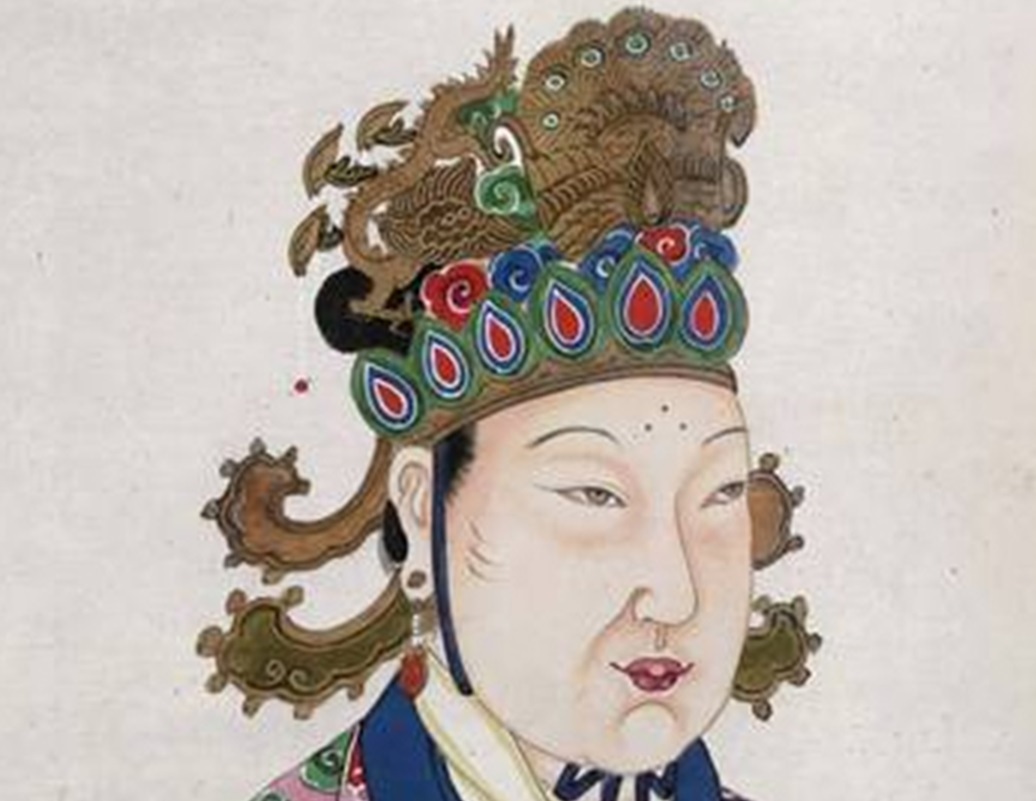 Unknown Author, Wikimedia Commons
Unknown Author, Wikimedia Commons
Queen Mary I of England
Whether or not you agree, no one could argue that Queen Mary I of England didn’t fight fiercely to rule the country in the way she saw fit—mostly, representing Catholic interests. Mary reigned for only 5 short years, yet in that time she burned over 280 heretics at the stake. This earned her the name “Bloody Mary”.
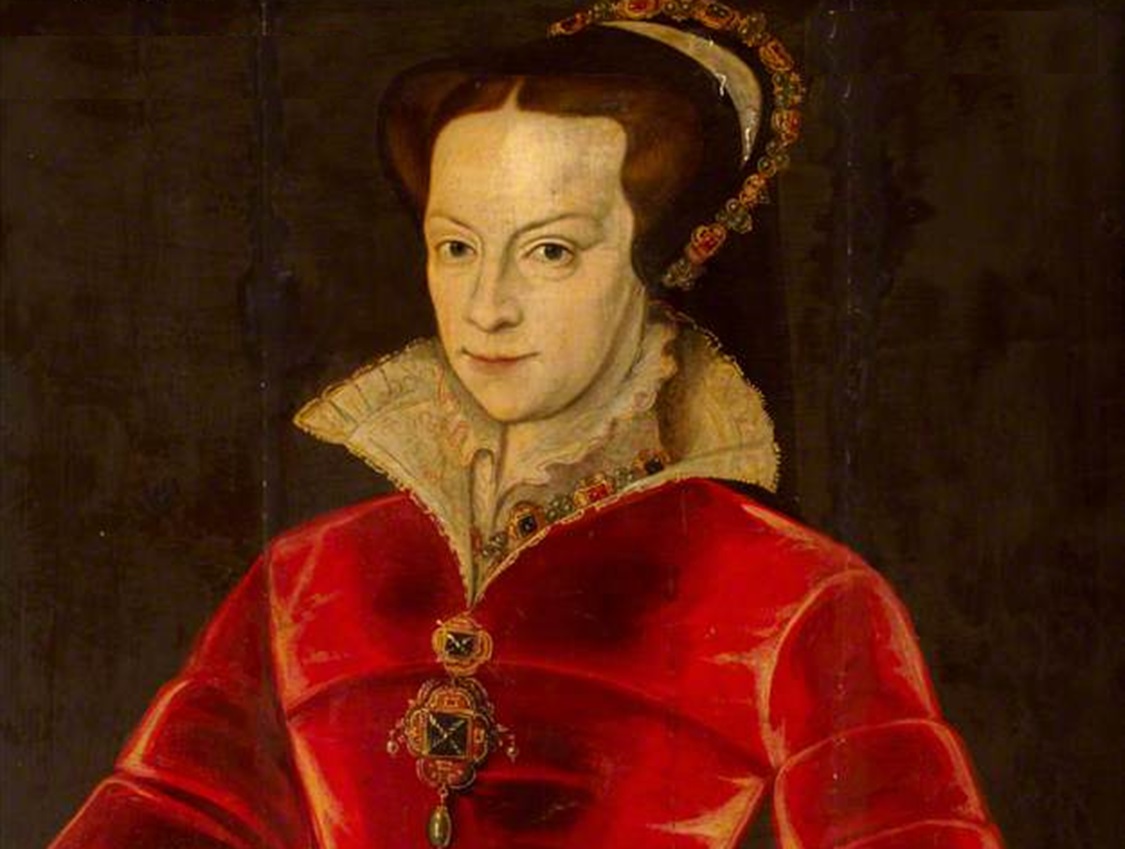 Ann Longmore-Etheridge, Flickr
Ann Longmore-Etheridge, Flickr
Ke'elikolani
Ke'elikolani was a member of the House of Kamehameha, and was one of the wealthiest landowners in the Hawaiian Islands. Though many Westerners wrote her off, she was a formidable force in the fight for the preservation of Hawaiian culture and against annexation.
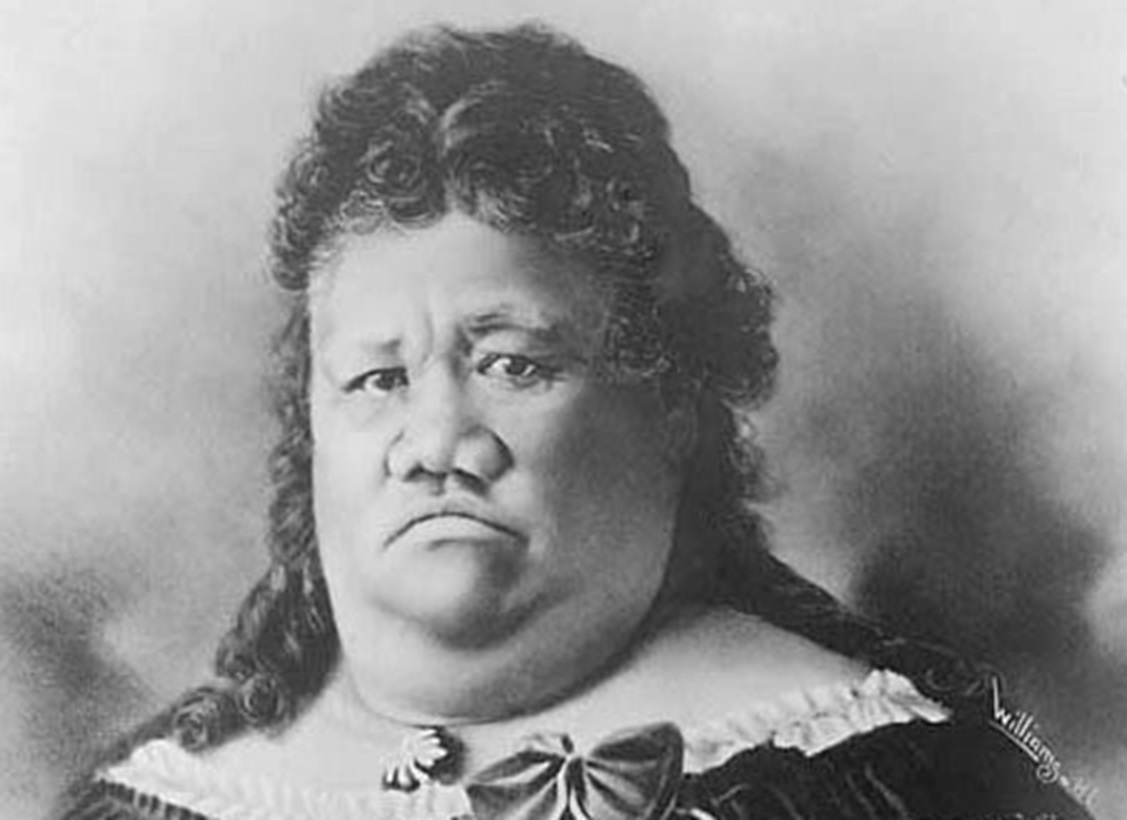 J. J. Williams, Wikimedia Commons
J. J. Williams, Wikimedia Commons
Catherine the Great
Her name says it all. Catherine was one of the most formidable rulers of all time, promoting education and the arts during her reign, as well as expanding Russia’s borders with nearly unheard-of gains. She reigned longer than any other female in Russian history.
Ada Lovelace
As the daughter of Lord Byron, Lovelace could’ve rested on her laurels, or perhaps also pursued a career in the letters. Instead, she became a mathematician—and the first computer programmer.
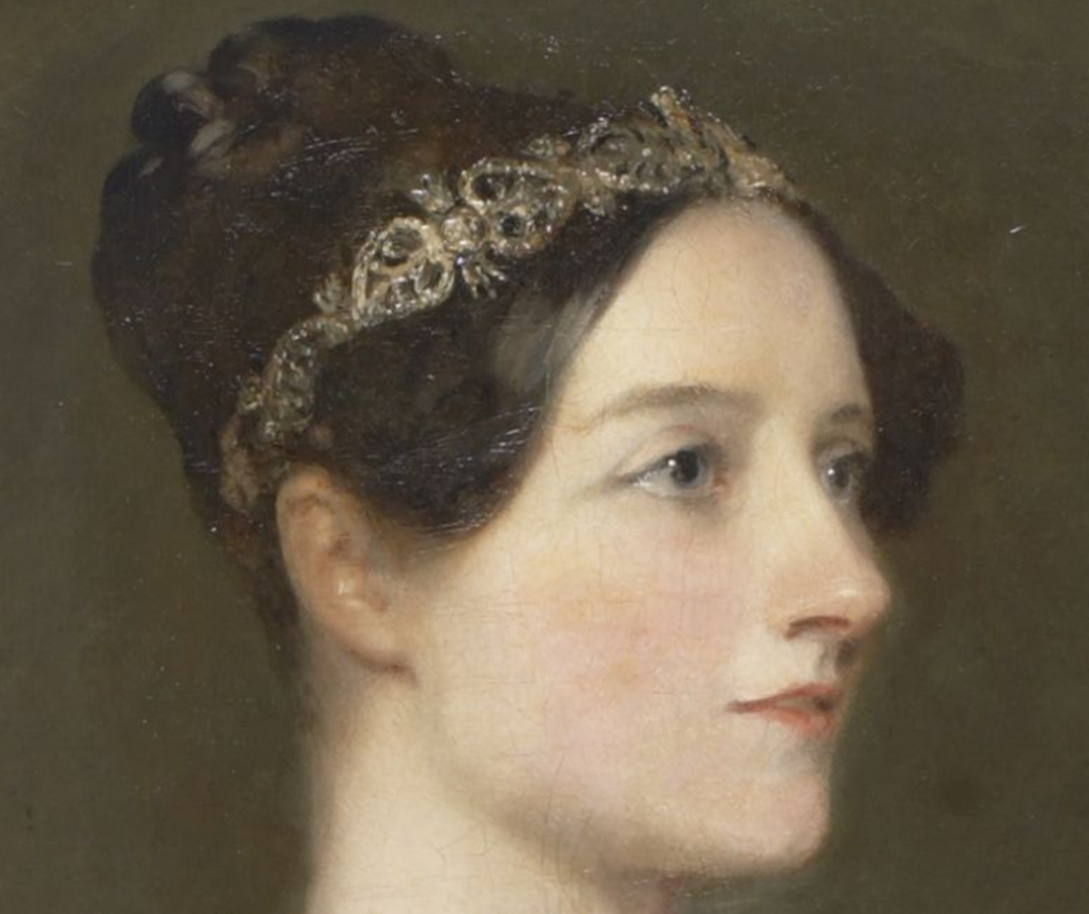 Margaret Sarah Carpenter, Wikimedia Commons
Margaret Sarah Carpenter, Wikimedia Commons
Franceska Mann
Mann was a Polish ballerina who inadvertently started an uprising of female prisoners at Auschwitz after she stole an officer’s pistol, shot him, and wounded another while she was being led to the gas chamber.
 "Van - Dyck", Wikimedia Commons
"Van - Dyck", Wikimedia Commons
Sarah Churchill
Sarah Churchill was the true power behind the throne during Queen Anne's reign. The overbearing and ruthless Churchill bullied Anne into getting her way constantly, even going behind Anne’s back to the English parliament.
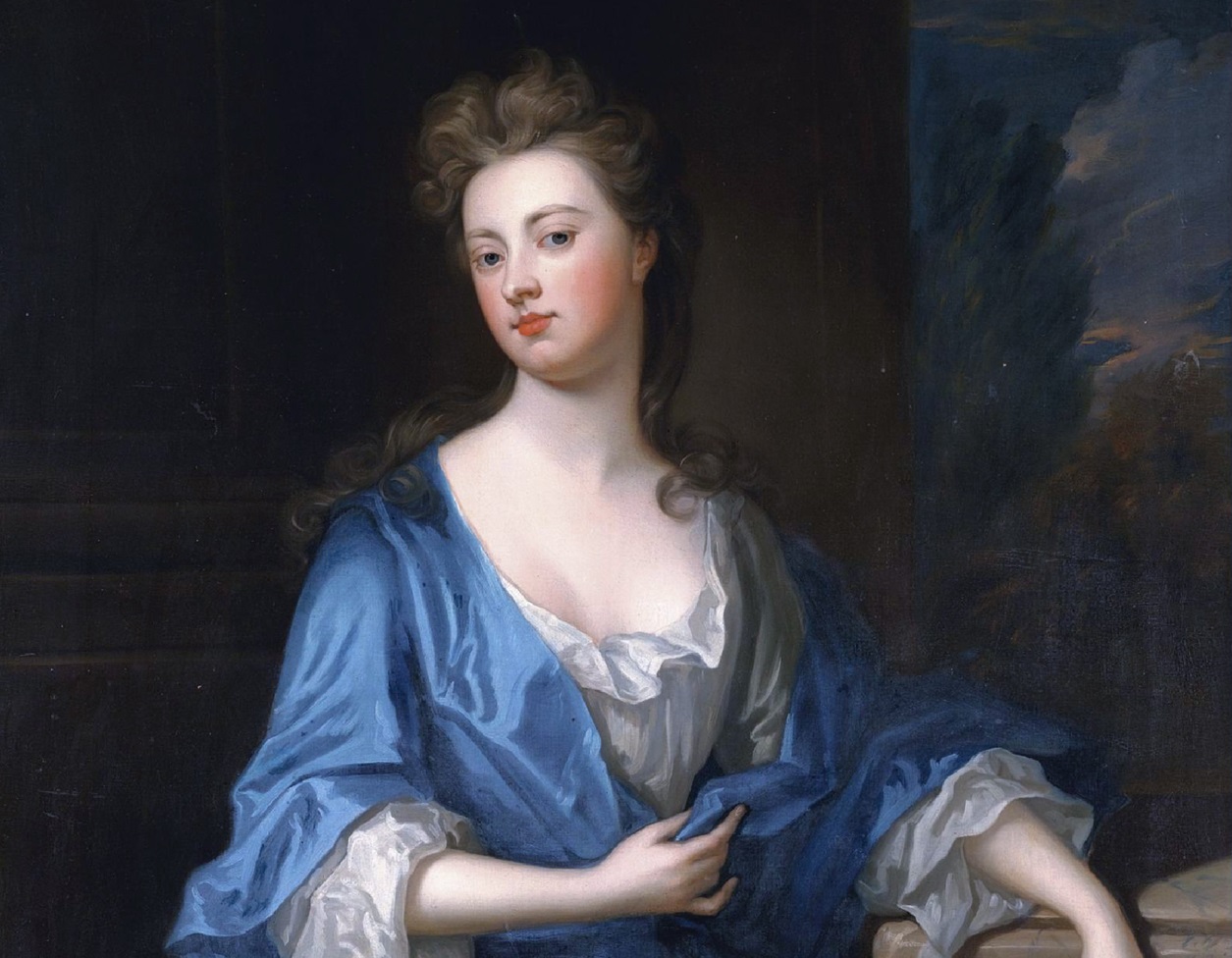 Godfrey Kneller, Wikimedia Commons
Godfrey Kneller, Wikimedia Commons
Ching Shih
When considering some of the most successful pirates of all time, there are quite a few women’s names on the list. Aside from Grace O’Malley, there’s also Ching Shih, who commanded over 300 ships. She ruled the Chinese seas with an iron fist. When she captured men, she gave them a choice: Join her fleet or get clubbed to death.
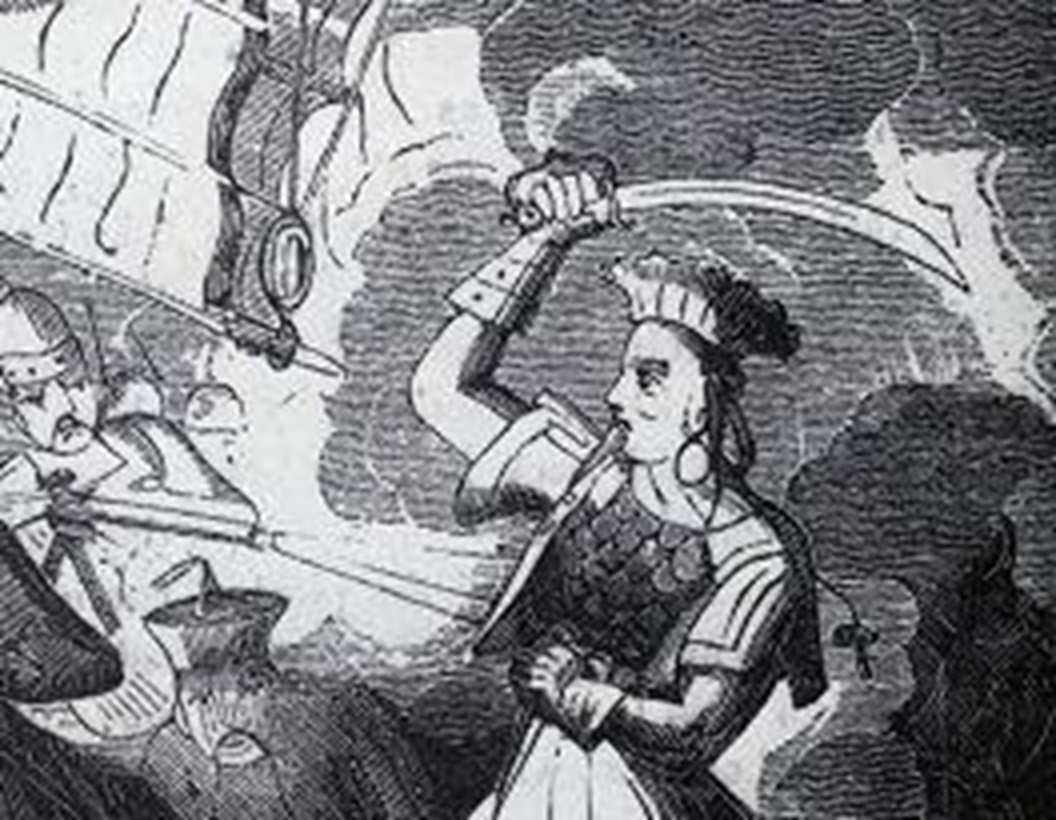 Unknown Author, Wikimedia Commons
Unknown Author, Wikimedia Commons
Anna of Russia
Anna’s bloodthirsty nature rivaled some of Russia’s most brutal tsars. For example, when one of her enemies got married, she gave him a disturbing gift—a honeymoon suite made out of ice. When the couple protested, she told them the only way to stay alive was to do what all married couples do.
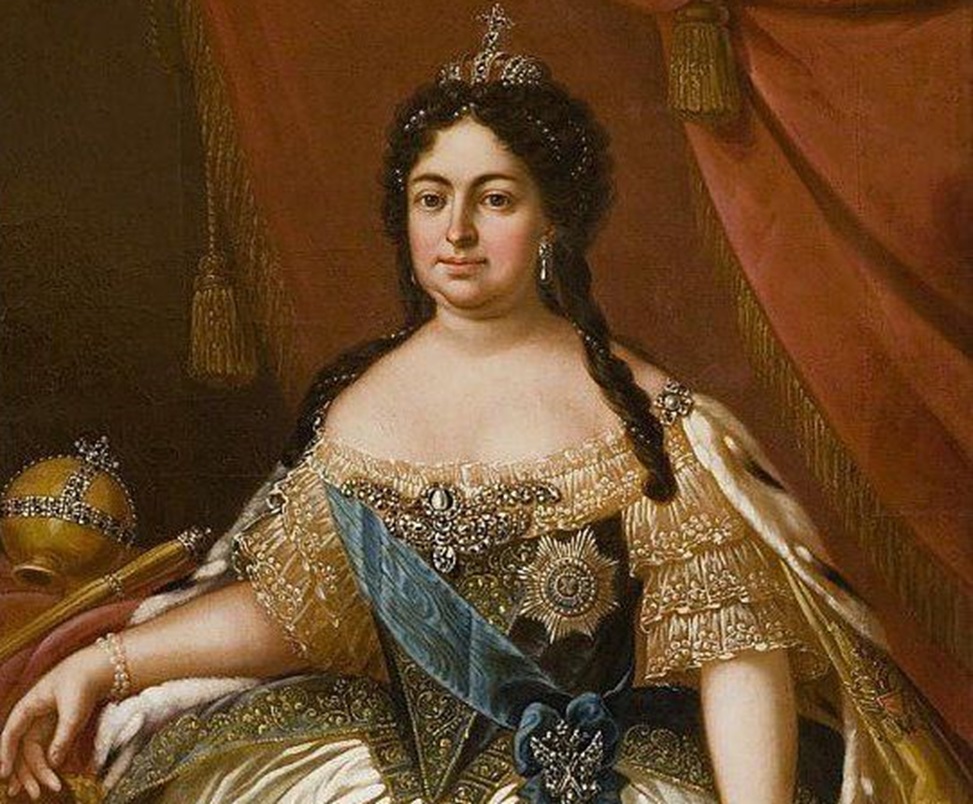 18th Century Russian painter, Wikimedia Commons
18th Century Russian painter, Wikimedia Commons
Cleopatra
Cleopatra is seen as the original femme fatale—but it was much more than her looks that got her in the history books. She was intelligent, led a powerful army with great skill, and used her bedroom conquests for her political gain. In short, she was tough as nails, and the total package.
 Ancient Roman artist from Herculaneum, Wikimedia Commons
Ancient Roman artist from Herculaneum, Wikimedia Commons
Qiu Jin
Qiu Jin was passionate, defiant, and brave. She wrote poetry, refused to bind her feet, and fought for the rights of women. She was ultimately beheaded, and became known as China’s Joan of Arc.
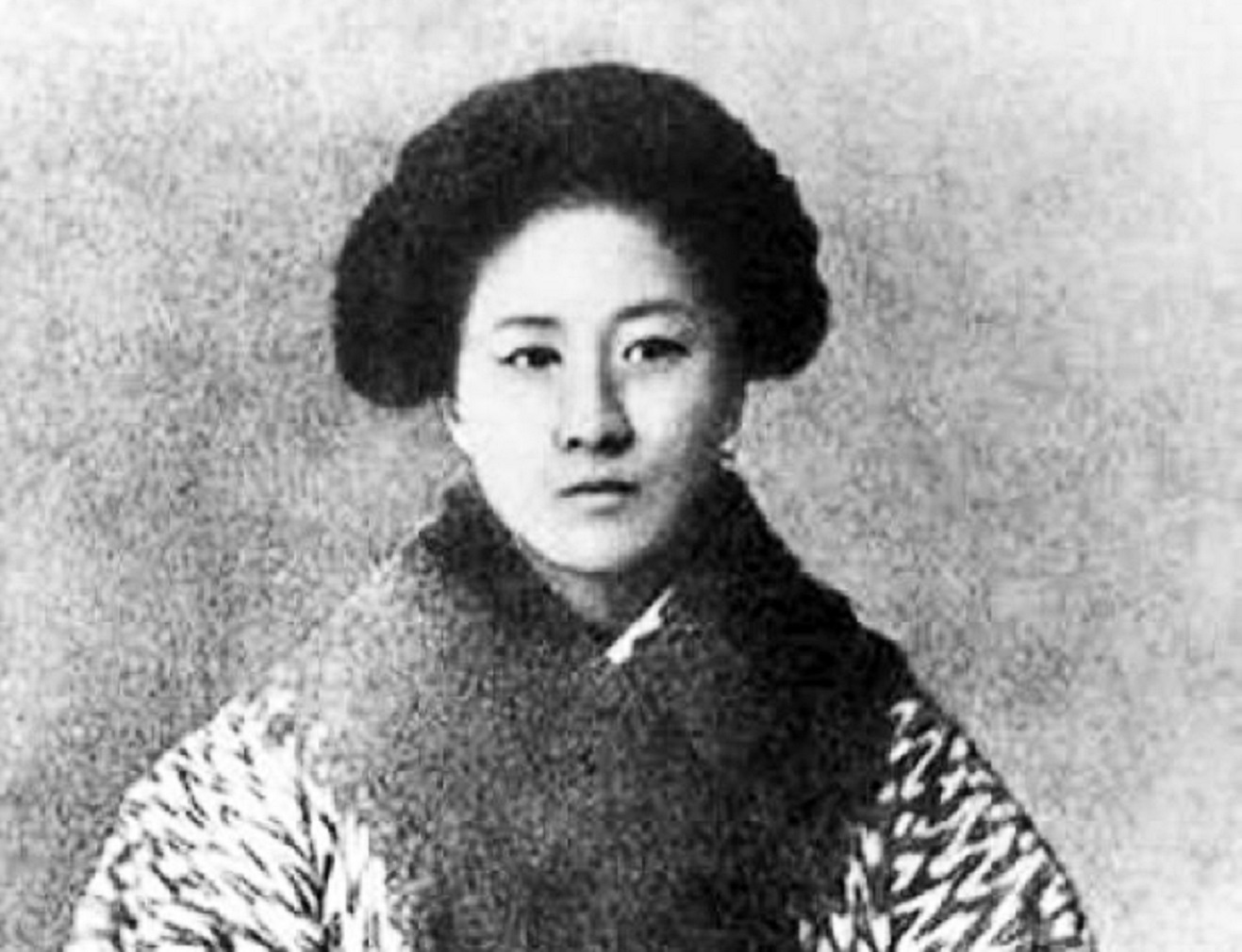 Unknown Author, Wikimedia Commons
Unknown Author, Wikimedia Commons

